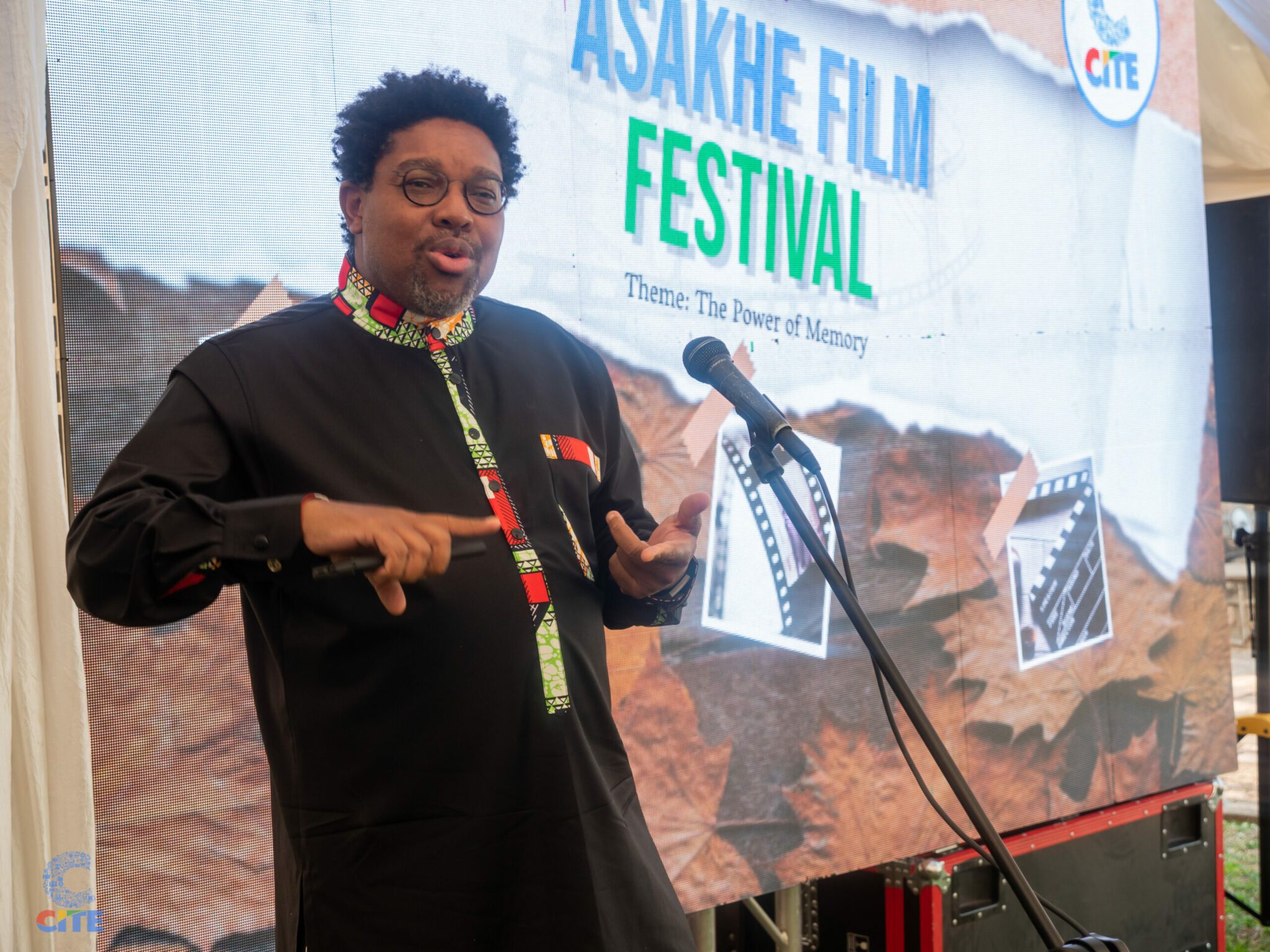Open Society Initiative for Southern Africa (OSISA) director, Siphosami Malunga has revealed Zimbabwe has a Genocide Act that can be used to try Gukurahundi crimes.
At least 20 000 people were brutally killed in Matabeleland and the Midlands by the Fifth Brigade deployed by the state during Gukurahundi in the early 1980s and to date, no one has been convicted.
Speaking during Breakfast Club, a Centre for Innovation and Technology (CITE) daily online programme Friday Malunga said Gukurahundi can be tried using Zimbabwean law.
“Gukurahundi crimes can be tried in Zimbabwe using Zimbabwean law,” said Malunga.
“I know you won’t even believe it. Zimbabwe has a Genocide Act; Zimbabwe enacted a Genocide Act in 2000. That Act was aimed at implementing the Genocide Convection which Zimbabwe is a party to.”
He said the Genocide Act is perfect in the sense that it clearly articulates the requirements of genocide under International Law.
“It uses the requirements from the convention, all properly shared out but there are some issues, the way it was couched you can see that there was an aim to make it not applicable to Gukurahundi,” said Malunga.
“I don’t even know whose idea was to enact that Act, I wouldn’t do it if I perpetrated a genocide. I would never enact a genocide act. But they went and enacted the Genocide Act and we have it and it is on our statute books and its law in the country and it can be used to try genocide. So we could literally start having trials if, on any day we had a prosecutor who was overzealous, he could start prosecuting these people for genocide.”
He said the fascinating thing about the Genocide Act is that it is only applicable to crimes that occurred after it was enacted in 2000.
“But when you analyze the genocide act, it sets out the requirements: killing, inflicting conditions, aimed at destroying a group, inhuman treatment, so there are requirements there. The fascinating thing about the genocide act is that it says that it is only applicable to crimes that occurred after it was enacted which is 2000,” said Malunga.
“So, this means, according to the Act, It means it doesn’t apply to the Gukurahundi but there is a point to be made about that clause.”
“The Genocide Act says you can’t apply to crimes that happened before, but according to International Law, there is no statute. Firstly, there is no statute of limitations to international crimes which means, you know our law, the Criminal and Civil Procedure Act has a statute of limitations for crimes so murder is the only crime that has no statute of limitations, all other crimes have 20 years.”
Malunga said that means that all the Gukurahundi crimes have been prescribed, “apart from the Amnesty that was issued by Mugabe in 1988 which absolved all Gukurahundi crimes perpetrators of Gukurahundi crimes including the dissidents, that’s one obstacle legally right in the National system, the second is a statute of limitations.”
Malunga said the Genocide Act is aimed at shielding the perpetrators.
“What makes it even worse is that at the time at which the Gukurahundi crimes were committed, there were already crimes under International Law, so by 1983, Genocide was already a crime, so you can’t in 2000 say it was not a crime,” he said.
“It’s a shady way trying to shield but it’s not going to work; it can’t work; it’s an ultra-vires clause; it contradicts International Law; it contradicts everything, constitutionality. And the principle of no crime without law does not apply in this case because the principle is supposed to protect you. You cannot be found guilty of something that was not a crime when you did it,” he said.
Malunga said the second thing that this genocide Act provides, which is fascinating is that a person accused of genocide can only be prosecuted if the Attorney-General authorises that particular prosecution.
“It is not the Attorney General who decides whether something is a genocide, it’s not him. A genocide is a genocide,” said Malunga.
He added: “Imagine if the Attorney General needed to give permission to prosecute you, why is it required that and you can see the scaffolding, the insulation of this thing that until our person decides? Who does the Attorney General report to? So you can see this very feeble and unsuccessful attempt to again shield. But it doesn’t work legally; it does not stand any legal scrutiny; it can easily be dismissed under International Law,” he said.

